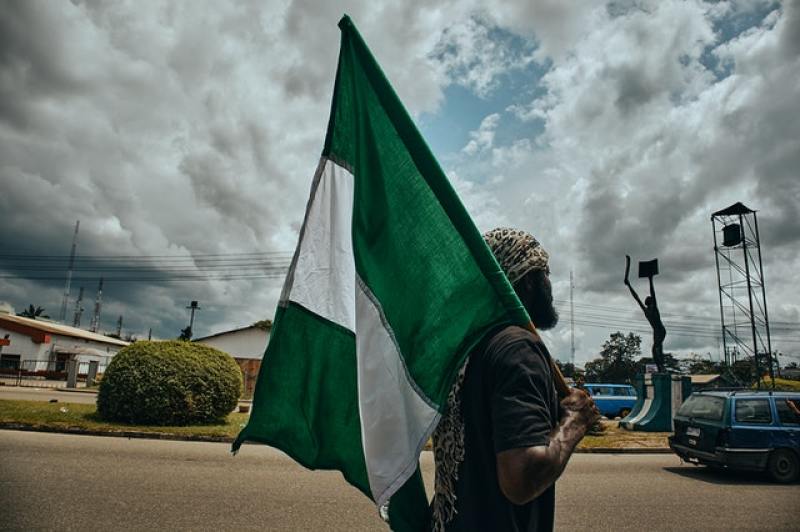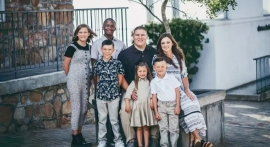
Nigeria is a secular nation whose federal constitution upholds freedom of religion and belief, including a citizen's right to change their religion and right to "manifest and propagate [one's] religious belief in worship, teaching, practice and observance." However, these religious freedoms are not enjoyed by Christian Nigerians today.
According to International Christian Concern, up to 12 northern states in Nigeria operate with a parallel court system which passes down judgements that are based on Sharia law instead of the country's penal code. The courts were originally established to handle administrative matters for Muslims but later evolved to handle criminal matters due to the advent of democracy in the country.
This evolution of the court to include criminal matters on top of administrative matters means that they now have jurisdiction over things like theft cases, which under Sharia law calls for the amputation of the thief's hand. The court is also now empowered to handle crimes specific to Sharia, such as blaspheming the prophet Mohammed. In 2020, Kano Upper Sharia Court sentenced two young men for blasphemy. One of the men was ordered to serve 10 years in prison while the other was sentenced to death.
Convictions for blasphemy are now handed down by the court and are seen as a direct violation of Nigerians' right to religious freedom. In fact, blasphemy crimes have long been criticized by human rights activists as it is often used to criminalize religious minorities.
In Nigeria's Kaduna State, Governor Nasir El-Rufai recently reintroduced the Religious Preaching Edict of 1984, which renewed regulations prohibits preaching without authorization and aims to control who preaches and what they preach. It also empowers the Interfaith Preaching Regulatory Council to enact the regulations.
"Anyone who doesn't follow this procedure and begins to preach without authorization, will be liable to pay a fine and may even be imprisoned," Gov. El-Rufai said in an interview. He added that "most times, it is preachers that are the worst culprits."
Gov. El-Rufai added that preachers "should be very knowledgeable" and "[have] understanding and experience to preach in a manner that will bring about peaceful coexistence." He clarified, "The council will have to certify whoever wants to preach in Kaduna state as having the requisite knowledge, temperament, experience and foresight."
Gov. El-Rufai passed new measures regarding religion without the approval of state legislature, which previously rejected rules on limiting preaching. Despite Nigeria's continued disregard for their citizens' religious freedom, the U.S. recently took Nigeria off the Countries of Particular Concern (CPC) list in November of 2021. Human rights groups reacted negatively to the news, calling the move "appalling."
In January, VOA News reported that the U.S-based Christian persecution monitoring group Open Doors has named Nigeria as a "hot spot for persecution." A new study reported that there was a 60% increase in the number of Christians killed in 2020, mostly attributed to the Islamic violence against Nigerian Christians. The study added that more than 2,200 of 4,761 Christians killed all over the world died in the hands of radical Islamists in Nigeria.























